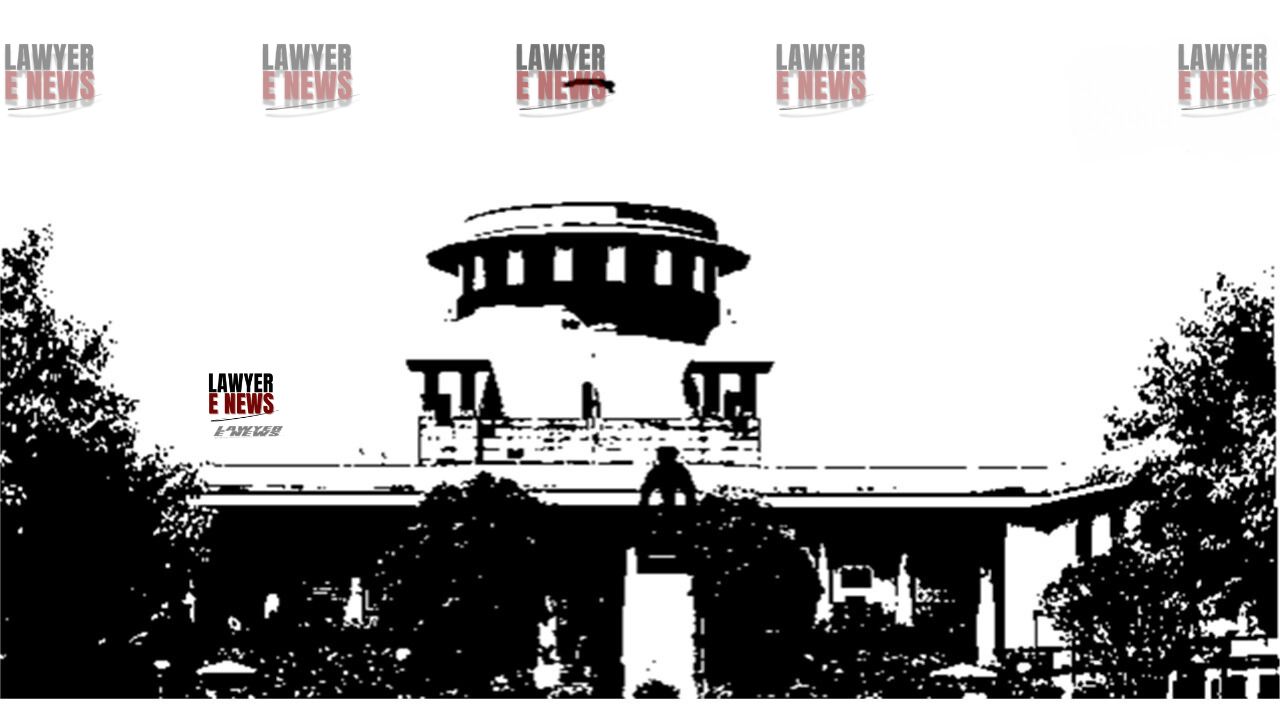-
by sayum
14 February 2026 2:22 PM



The Supreme Court has upheld the conviction of Hussainbhai Asgarali Lokhandwala under Section 304 Part II of the Indian Penal Code (IPC) for the killing of his brother-in-law during a family altercation. The Court, while agreeing with the findings of the Gujarat High Court, reduced the sentence of Hussainbhai to the period of incarceration already undergone, citing the spontaneous nature of the crime.
The case stems from a tragic family altercation on November 7, 2000, in Godhra, Gujarat. The deceased, Idrishbhai Fidaali Mithiborewala, was killed by his son-in-law Hussainbhai Asgarali Lokhandwala during a heated argument over a matrimonial dispute. The incident escalated when Idrishbhai’s son Abbasbhai, who had a strained relationship with his wife Oneja, tried to retrieve keys from her at her father’s residence. The confrontation led to a physical altercation during which Hussainbhai, reacting to his father Asgarali’s provocations, fatally stabbed Idrishbhai.
The Gujarat High Court had earlier altered the trial court’s conviction from Section 304 Part I IPC to Section 304 Part II IPC, reducing Hussainbhai’s sentence to five years of rigorous imprisonment while noting that the crime occurred in the heat of the moment. The High Court also reduced the sentence of Hussainbhai's father, Asgarali, to the time he had already served.
The Supreme Court upheld the High Court’s conviction under Section 304 Part II IPC but further reduced Hussainbhai’s sentence to time served, allowing for his immediate release. The Court emphasized the spontaneous and emotionally charged nature of the incident, noting the lack of premeditation and the context of a longstanding family dispute.
The Court meticulously analyzed the testimony of key witnesses, including PW-1 (Turabbhai), PW-2 (Arvaben), and PW-3 (Abbas), all of whom provided consistent accounts of the events leading up to the fatal stabbing. The Court observed that while the incident was undoubtedly tragic, the evidence suggested that it was not a preplanned murder but rather a reactionary act committed under extreme emotional duress.
The judgment elaborated on the principles of culpable homicide not amounting to murder under Section 304 Part II IPC, highlighting that the absence of intention to kill and the fact that the act was committed in the heat of passion are crucial factors in such cases. The Court noted, "The entire incident had occurred in the heat of the moment, and neither party could control their anger, which ultimately resulted in the fateful incident."
Justice Abhay S. Oka, delivering the judgment, remarked, "It is not difficult to visualize the state of mind of the young appellant, who, overcome by emotion and familial loyalty, acted in a manner that unfortunately resulted in the loss of life. However, the lack of premeditation and the situational context warrant a modification of the sentence."
The Supreme Court’s decision to modify the sentence highlights the judiciary’s nuanced approach to cases involving family disputes, where emotional factors often play a significant role. This ruling is significant in reinforcing the legal principles that differentiate between premeditated murder and culpable homicide arising out of sudden provocation.
Date of Decision: August 14, 2024
Hussainbhai Asgarali Lokhandwala v. State of Gujarat
